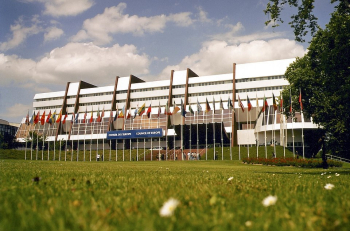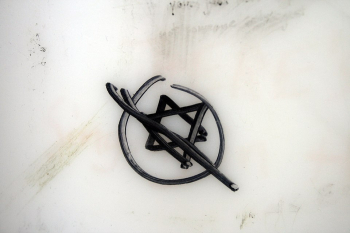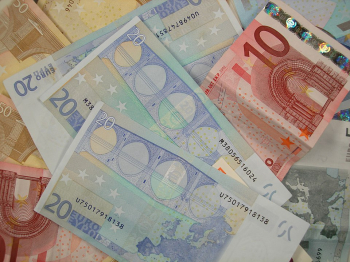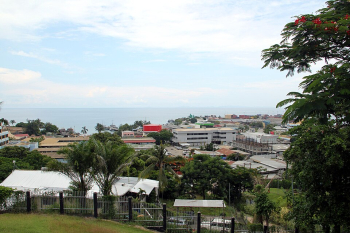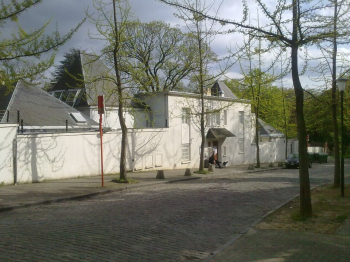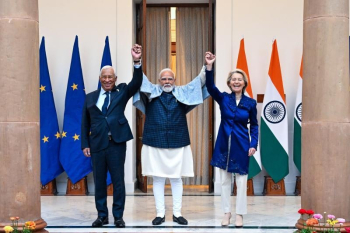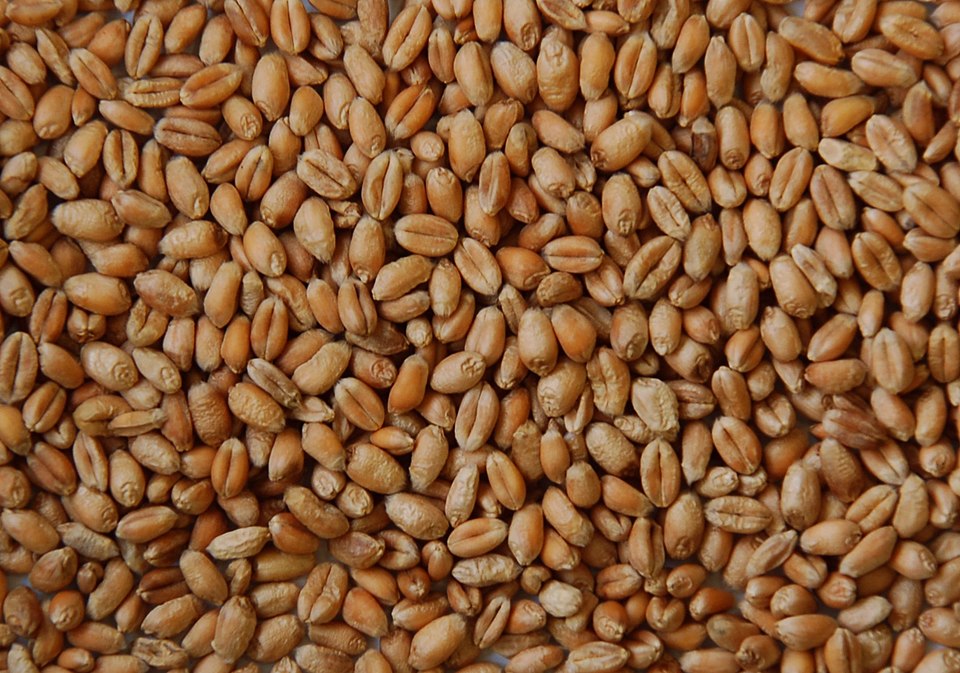
The European Parliament's International Trade Committee has voted to impose new tariffs on agricultural imports from Russia and Belarus, with the goal of reducing EU reliance
on these countries and curbing funding for Russia’s war in Ukraine.
Key Measures:
- A 50% tariff will be introduced on the remaining 15% of Russian and Belarusian agricultural products not yet subject to EU customs duties. Affected items include sugar, vinegar, flour, and animal feed.
- Fertilisers from the two countries will face a 6.5% tariff, along with additional duties of €40–€45 per tonne in 2025–2026, rising sharply to €430 per tonne by 2028.
Purpose and Impact:
- These measures are intended to reduce economic dependence on Russia and Belarus, particularly in critical sectors such as agriculture and fertiliser production.
- The move is expected to spur EU-based fertiliser production, which has suffered under pressure from cheap Russian imports.
- The European Commission is tasked with monitoring market effects and taking action to mitigate any negative impacts on EU farmers and food prices.
Parliamentary Approval:
- The draft regulation was approved with 29 votes in favour, 6 against, and 2 abstentions.
- The full European Parliament will vote on the proposal during its next plenary session in Brussels on 22 May.
Voices from Parliament:
Standing rapporteur for Russia, Inese Vaidere (EPP, Latvia), stated:
"This regulation to gradually increase customs duties for products from Russia and Belarus will help to prevent Russia from using the EU market to finance its war machine. It is not acceptable that three years after Russia launched its full-scale war, the EU is still buying critical products in large volumes; in fact, these imports have significantly increased. The proposal will also boost EU fertiliser production, which has taken a hit from cheap Russian imports, while giving farmers time to adjust.”
Background:
EU imports of Russian urea and nitrogen-based fertilisers surged in 2023 and again in 2024, heightening concerns over economic and food security. In response, the European Commission introduced this proposal on 28 January 2025, aiming to curb imports that may leave the EU vulnerable to Russian leverage. Photo by Denis Bastianelli, CIRAD, Wikimedia commons.

